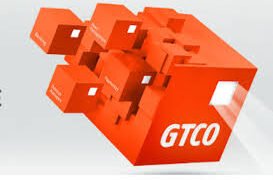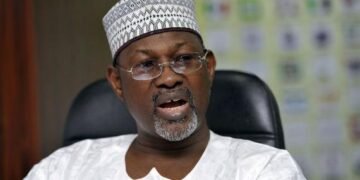Naturally, retirement is a time of relaxation after years of hard work, which every individual looks forward to. However, retirement is not automatically rosy as it is imagined to be.
You would probably have a mental map or plan for your retirement – what to do with all the time available to you and places to visit. But, things don’t always work out the way it was planned as retirement can come earlier than planned in the case of forced retirement due to lack of preparation, unforeseen circumstances such as health issue, dismissal, buyout, or family matters.
Although the time of retirement is not absolutely under your control, there are a few ways you can manage the things you can control to be better prepared for it.
Have you read?
- Bible Lessons for 2021: Setting your Financial/Investment Goals
- Financial Responsibility: The basics and how to achieve it
The basic question for retirement is – is this what you really want and are you financially ready for this phase of your life?
To answer the first part of the question you need to come to terms with the main reason behind your retirement. Do not let your emotions cloud your judgement. Decide whether you are prepared and financially ready for a long-term or a short-term retirement – where you will return to work at some point.
Whatever you do, it is important to avoid a hasty retirement decision due to stress, frustration or anger as a result of betrayal.
When to prepare for retirement
There is no better time to prepare for retirement than to start now if you have not started yet. You can start planning for your retirement at any point in your life irrespective of your age.
Do not wait until you start getting old or until you land your dream job. Do not wait until the last few years of your working life if you want to live a fulfilled life during your retirement.
What you need
Health Insurance: Getting a health insurance coverage prior to your retirement should be on the top of your to-do list if you didn’t have one or if your health insurance was tied to your employment and will end with it.
Having a health insurance policy takes away the burden of hospital bills from your shoulders during retirement as well as ensuring that you get proper health care.
Several insurance companies in Nigeria offer health insurance, nevertheless, you must do your due diligence and read terms of your coverage before signing any agreement.
sources of income
A lifetime of hard work and big income does not necessarily guarantee the flow of funds during retirement and the required peace of mind.
Your ability to have access to sufficient cash flow, and meeting your financial obligations during retirement depends on how well you saved and invested your income during your working life.
Some people suffer during retirement due to lack of cash flow despite earning a big income while they were working, because they spent their lives working to help others (family and friends), or spending their money without investing in their future.
In reality, only a few people are readily prepared for retirement. This is just another phase of life and shouldn’t be a gradual end or an abrupt end to a good life. It should be a time when you sit back and enjoy the wealth you acquired in your working life if you saved and invested your income.
Do not spend your entire life working for other people and saving little or no money for yourself. Always save and invest a large part of your income, so that you will not struggle during retirement.
Sources of funds during retirement: To ensure good quality life during your retirement you need business(es) income or investment(s) income. You can achieve this through the ownership of one or more of the following;
Real Estate: Rents paid on your properties can be a great source of steady income during retirement.
Business ownership: having your own established business(es) can ensure a financial crisis free retirement.
Mutual funds: Mutual funds allow individuals to invest with a small amount of money in a diversified portfolio managed by professional fund managers. In Nigeria, you can invest in a mutual fund with as low as N10,000.
Bonds: A bond is a long-term debt instrument usually with more than 1-year maturity. It can be 2 years, 3 years, 10 years and so on or even perpetual (perpetual bonds have no maturity date. The bondholder receives interest periodically in perpetuity).
Stocks: A shareholder can earn money from stocks in two ways:
Capital gain – By selling the shares when the prices rise above your cost.
Dividend – payment of dividend by the firm either cash dividend or share bonus to the shareholders.
- Read more: Beginners Guide to Stock Investment
- A Beginners Guide to Investing in the Nigerian Financial Market: Fixed Income Assets
Cash flow from a pension fund or A Retirement Savings Account (RSA – a statutorily mandated retirement plan under the Pensions Reform Act (PRA) 2014). A pension fund is a plan or scheme designed to provide income for employees after retirement. Although this amount is usually small compared to your salary when you were working, accessing this fund in Nigerian has always been a nightmare in some cases.
By: Ifunanya Ikueze






















































